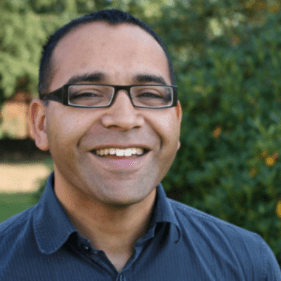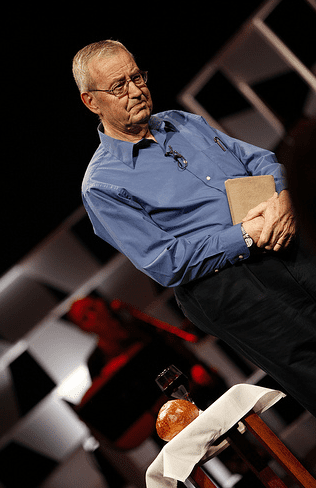Dallas Willard gets it when he makes this claim:
If you say ‘truth’ in most places on the campuses I’m familiar with, people will immediately say “Whose truth?”.
 Behind that who’s-in-power question lurks the one philosopher who pressed the connection of truth-claim to power-assertion, Friedrich Nietzsche. Many today would say his legacy is the most important one in contemporary postmodernity. “Nietzsche won the first round and truth is lost” (162).
Behind that who’s-in-power question lurks the one philosopher who pressed the connection of truth-claim to power-assertion, Friedrich Nietzsche. Many today would say his legacy is the most important one in contemporary postmodernity. “Nietzsche won the first round and truth is lost” (162).
Why is Nietzsche so appealing today? Where on TV — news, shows, movies — do we see Nietzsche’s influence clearly? Is the “will to power” interpretation cynical? When you find yourself thinking “this is all about power” what do you do? How can we counter the “will to power” approach to life with “charity”
Example from my own life: I was once in a very brief conversation with a person with considerable power about evangelicalism, and this was during the Bush years. He said this: “Evangelicalism is nothing but ideology.” I asked if we could meet to discuss this, and he said no. He didn’t want to talk about it. It was a done deal and there was nothing more to say.
Unpacked, it looks like this: evangelicalism, in Nietzschean categories, is a group intent on the will to power and it uses evangelical thinking to press truth (power) claims in order to control the land.
Well, this is where we are today: that was his interpretation, his collection of words and sentences, of how to put together what evangelicalism is. I could of course say right back that such an interpretation was his will to power, and we’d not get very far, but this all brings us back to Willard’s sketch of Nietzsche in A Place for Truth: Leading Thinkers Explore Life’s Hardest Questions.I want to sketch Willard’s sketch.
1. Nietzsche caught a wave, the wave of a culture that claimed belief in God but wherein God made no, or next to no, difference. So he said God was dead. God had become irrelevant.
2. Nietzsche was repulsed by the system and both opted out and scorched it in print.
3. Knowledge is not truth; knowledge is constructed in the human mind. Those constructions are used to assert power and they also oppress others. It’s about will, it’s about power, and it’s not about truth.
4. Christianity taught “slave morality” because it taught against the will to power in the teaching of love and service. Actually, he turns this inside out (deconstruction): the service idea is a way to find power against the oppressors.
5. All we can really know are the appearances, a kind of phenomenology and perspectivalism.
6. This all leads to the glorification of the individual desire and drive and will to power.
7. Modernity is the attempt to disengage from the tradition, from the past, and from (what may be called) a wisdom tradition.
Jesus’ Voice is the opposite: he says he is the way, the truth and the life. He says to follow him, and if you do will find the joy of life.










